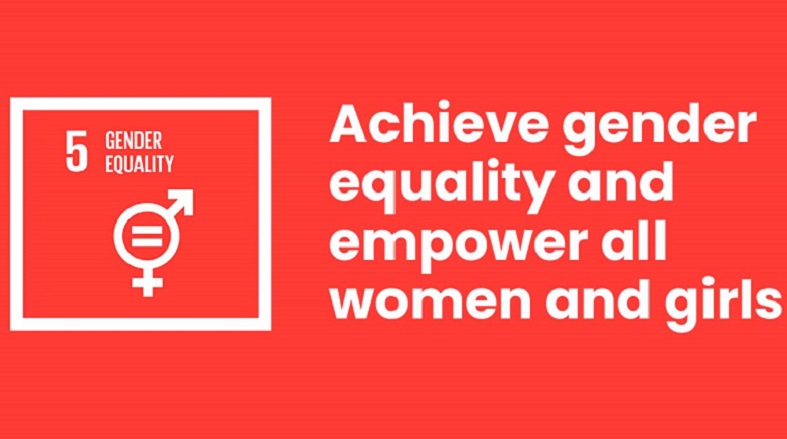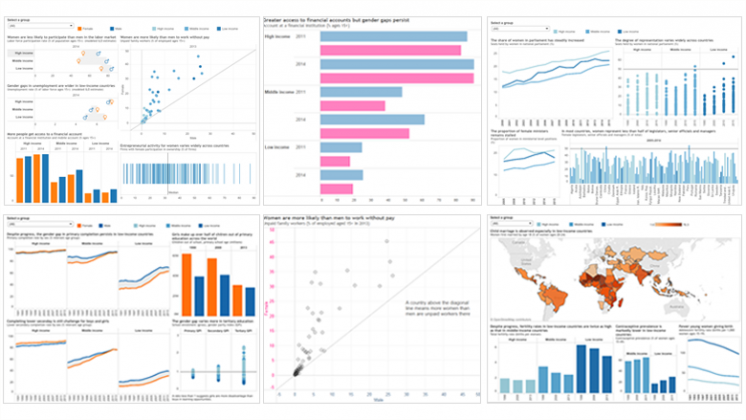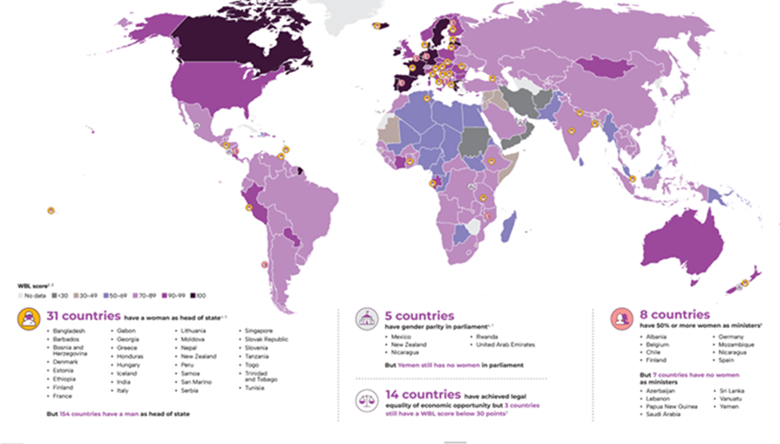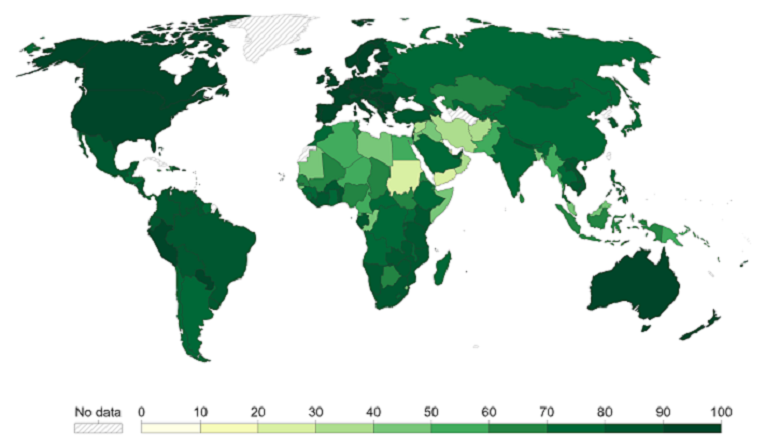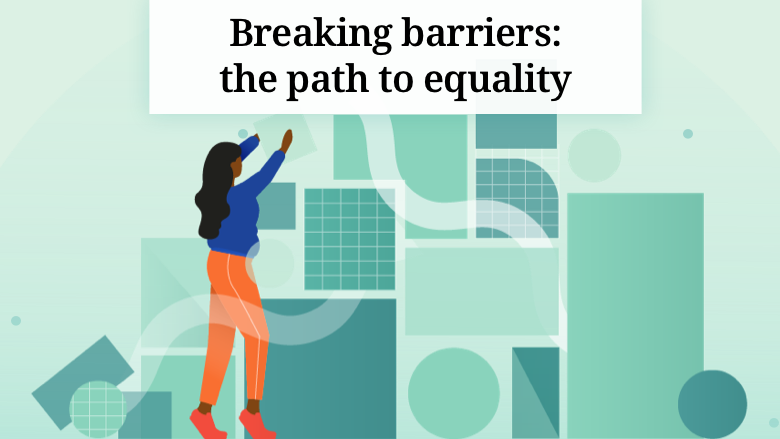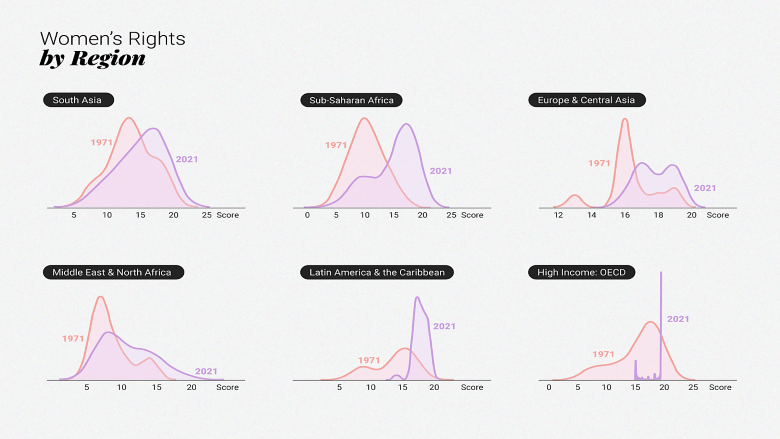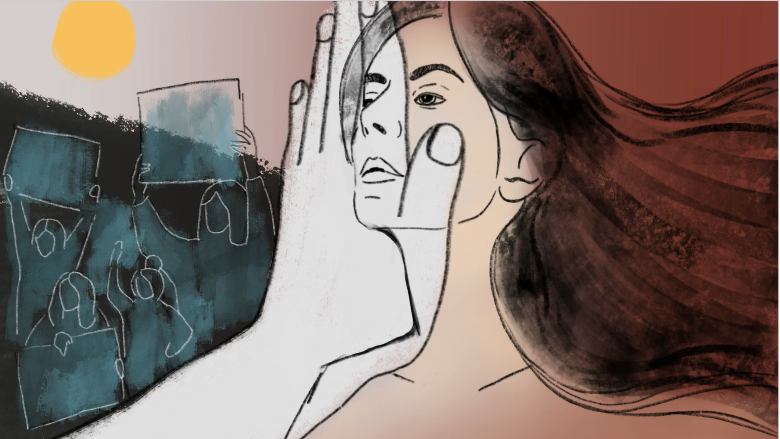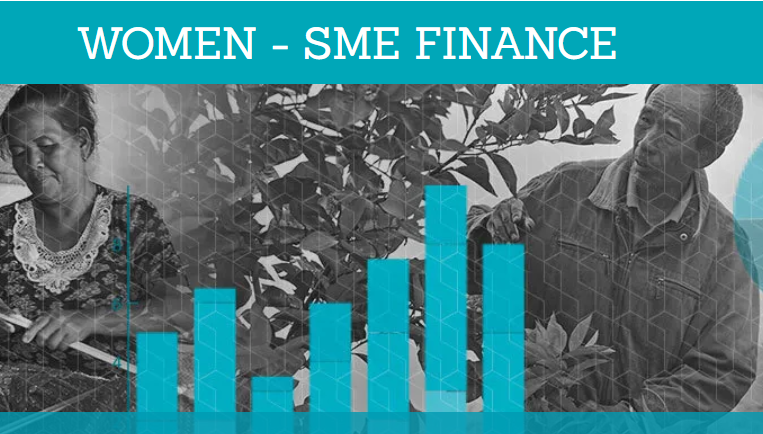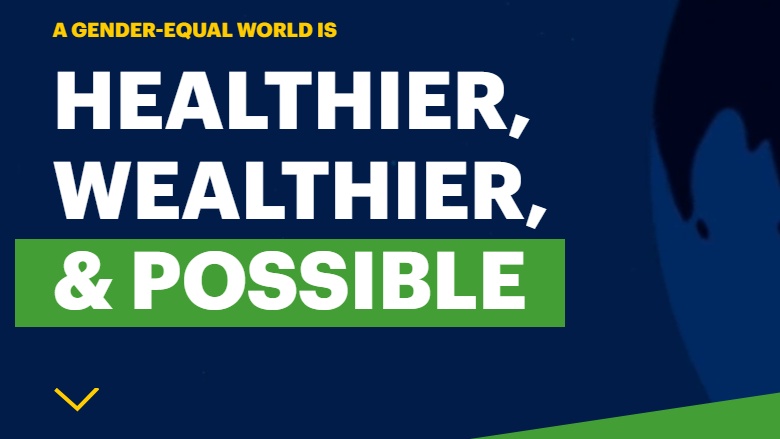Two sets of data are now available: Women, Business and the Law 1.0 and an expanded version, Women, Business and the Law 2.0. Women, Business and the Law 1.0 updates its index of eight indicators and is available for the period from 1971 to 2024 (calendar years 1970 to 2023). Women, Business and the Law 2.0 introduces a new framework for measuring the implementation gap. It analyzes laws and also examines the existence of frameworks supporting implementation of the law and gauges experts’ opinions on the outcome of the law for women.
Please cite the data as follows: "World Bank. 2024. Women, Business and the Law 2024. Washington, DC: World Bank."
